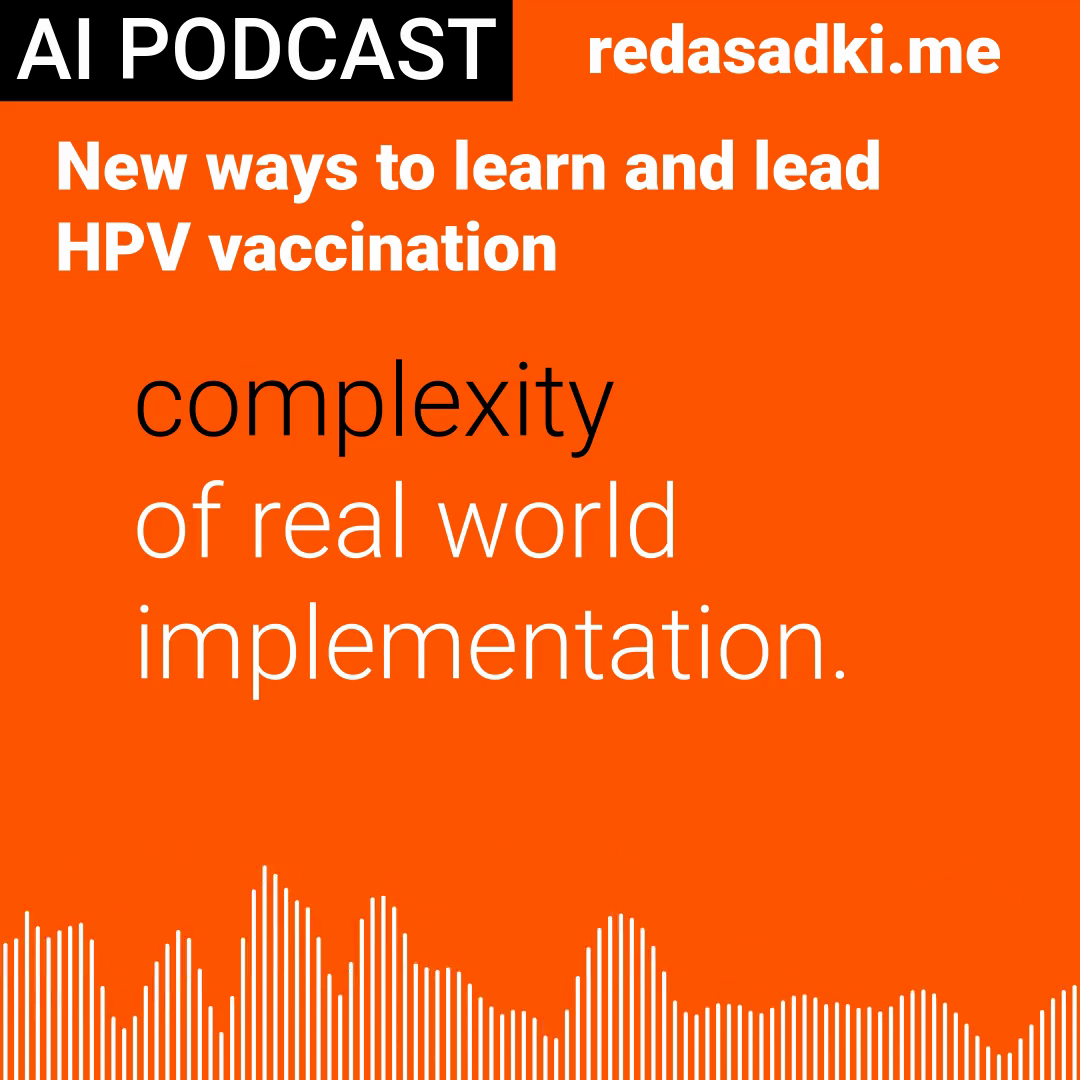
Does the educational purpose of video change with AI? The purpose of video in education is undergoing a fundamental transformation in the age of artificial intelligence. This medium, long established in digital learning environments, is changing not just in how we consume it, but in its very role within the learning process. Video has always been a problem in education Video has always presented significant challenges in educational contexts.









